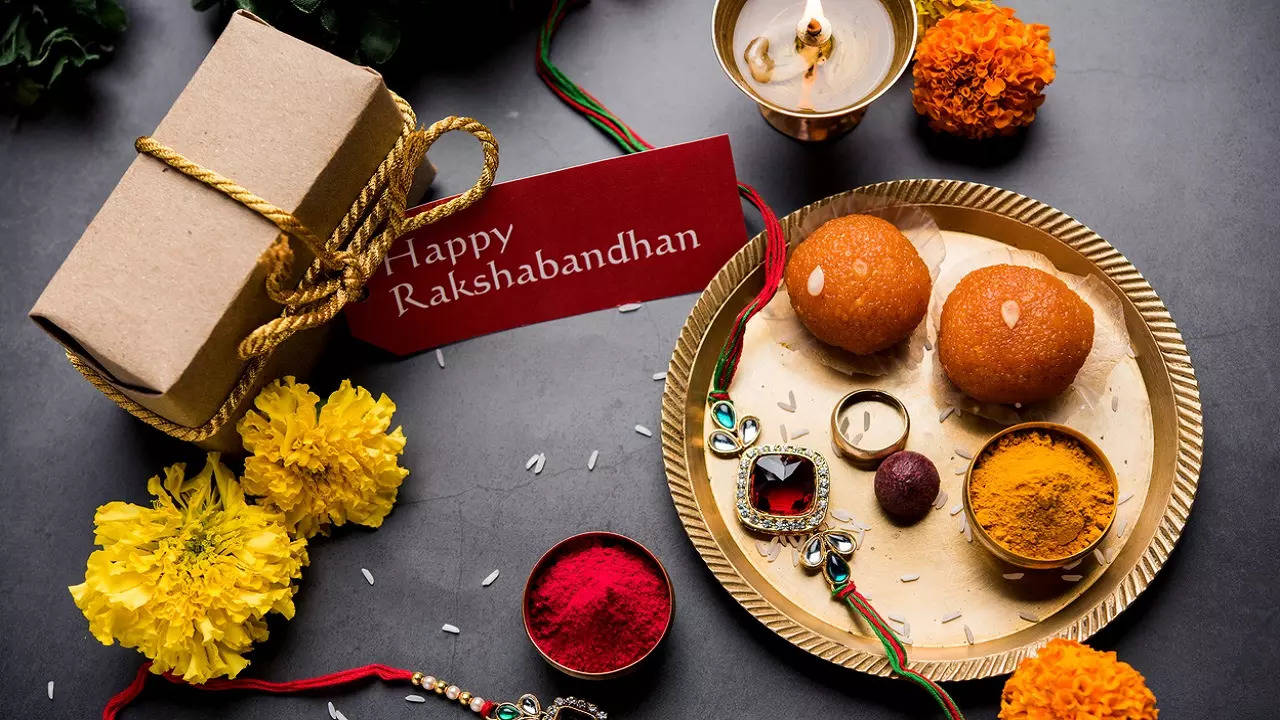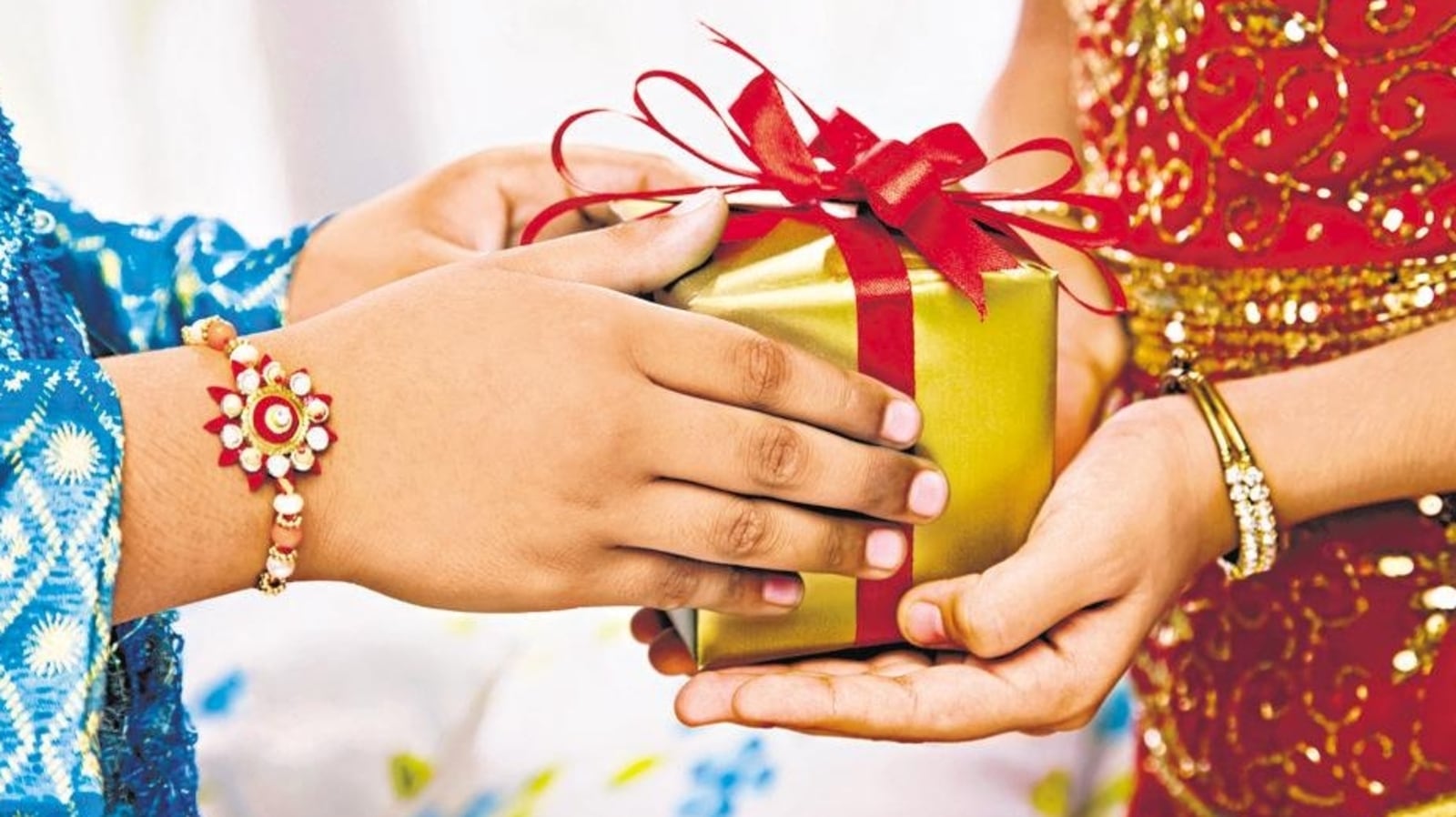Raksha Bandhan, a cherished Indian festival, celebrates the unique bond between siblings. This festival, rich in symbolism and tradition, holds a special place in the hearts of millions. Celebrated on Purnima, the full moon day, Raksha Bandhan is a vibrant tapestry of rituals, emotions, and auspicious timings, guided by the principles of the Panchangam.
Raksha Bandhan: A Bond Beyond Boundaries
Raksha Bandhan transcends geographical distances and cultural diversities. On this day, sisters tie a sacred thread, known as the rakhi, around their brothers' wrists as a symbol of protection, love, and lifelong commitment. In return, brothers pledge to safeguard their sisters' well-being and offer them tokens of love.
The Significance of Purnima
Raksha Bandhan holds a close association with Purnima, the full moon day. Purnima symbolizes completeness, and its radiance is said to infuse the festival with positivity and unity. As sisters tie the rakhi on this day, the bond they share is believed to be strengthened by the auspicious energy of the full moon.
The Importance of Muhurta
Muhurta, a concept in Hindu astrology, plays a crucial role in determining auspicious timings for various rituals and events. Raksha Bandhan, too, is celebrated during a specific Muhurta. Choosing the right Muhurta enhances the positive vibrations of the ceremony and is believed to bring prosperity and success to the relationship between siblings.
Following the Panchangam: A Harmonious Approach
The Panchangam, a traditional Hindu calendar, encompasses various aspects of time and cosmic events. It provides insights into auspicious and inauspicious periods, helping people make informed decisions for ceremonies, including Raksha Bandhan. By consulting the Panchangam, families ensure that they celebrate the festival during a time when cosmic energies are aligned in their favor.
Celebrating Raksha Bandhan: A Ritualistic Journey
Purification: Before the ceremony, individuals traditionally purify themselves through ablutions, symbolizing the cleansing of the mind and spirit.
Choosing the Right Muhurta: Families consult the Panchangam to identify the most auspicious Muhurta for the Raksha Bandhan ceremony.
Rakhi Ceremony: Sisters tie the rakhi around their brothers' wrists, symbolizing protection, love, and the bond they share.
Exchange of Gifts: Brothers reciprocate with gifts for their sisters, symbolizing their love and commitment to their well-being.
Prayers and Blessings: Both siblings offer prayers for each other's prosperity and happiness, seeking blessings from the divine.
Conclusion: A Thread of Love and Tradition
Raksha Bandhan, celebrated on Purnima and guided by the auspicious Muhurta, weaves a tapestry of tradition, love, and faith. This festival serves as a reminder of the cherished bonds that bind siblings together, transcending time and space. As the sacred thread of the rakhi is tied, and as prayers and blessings are exchanged, Raksha Bandhan stands as a testimony to the enduring power of familial love and the cultural richness of India.


